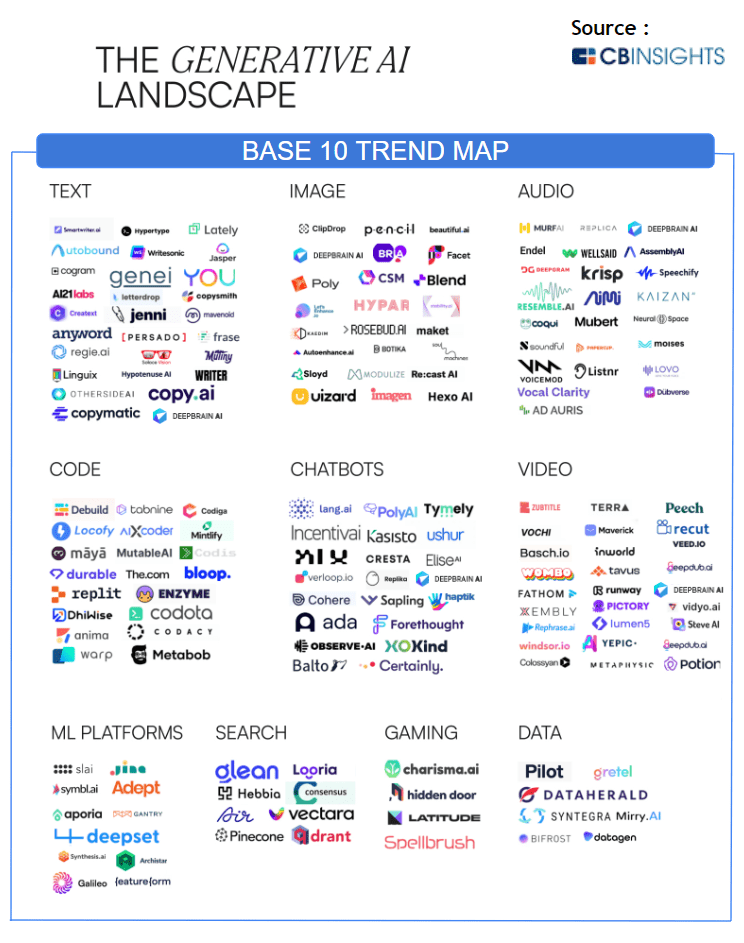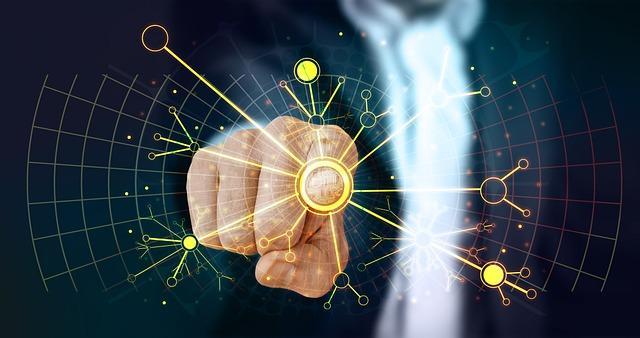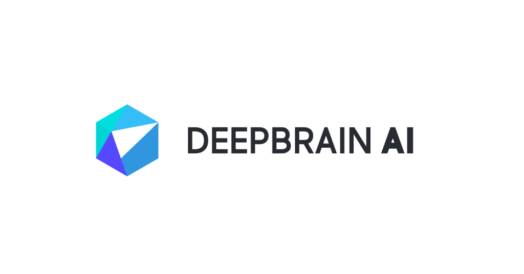Artificial intelligence (AI) is rapidly advancing and has the potential to revolutionize many industries. It has already been integrated into everyday life through virtual assistants and chatbots. However, as AI becomes more sophisticated, there are concerns about job displacement and ethical considerations.
One area where AI is expected to significantly impact is healthcare. AI-powered tools can analyze vast amounts of data and identify patterns humans may miss. This can lead to earlier and more accurate diagnoses, personalized treatment plans, and improved patient outcomes.
Another area where AI is already making strides is in the automotive industry. Self-driving cars are becoming more common, and AI-powered systems can detect potential hazards and prevent accidents.
However, as AI becomes more advanced, there are concerns about job displacement. Many manual labor jobs may become automated, leading to unemployment for those workers. There are also ethical considerations to consider, such as bias in AI algorithms and the potential for misuse of AI-powered tools.
Overall, the future of AI is promising, but it is important to consider the potential consequences and ensure that AI is used ethically and responsibly.

Embracing the Future: Unleashing the Potential of Artificial Intelligence
Artificial intelligence (AI) is one of the most transformative technologies of our time. It has the potential to revolutionize many aspects of our lives, from how we work to how we interact with the world around us.
But AI is also a technology that is often misunderstood and feared. People worry about the potential for AI to take over our jobs, become too powerful, or even be used for malicious purposes.
In this blog post, we will explore the potential of AI and discuss how we can embrace this technology for good.
Artificial intelligence is a branch of computer science that creates intelligent agents, systems that can reason, learn, and act autonomously. AI research has successfully developed effective techniques for solving various problems, from game playing to medical diagnosis.
Understanding AI
AI can be defined in many different ways, but a simple definition is that it is a machine’s ability to mimic human intelligence. This can include the ability to learn, reason, and make decisions.
There are many different types of AI, but some of the most common include:
- Machine learning: This type of AI allows machines to learn without being explicitly programmed. Machine learning algorithms are trained on data sets and use this data to learn how to perform tasks.
- Natural language processing: This type of AI allows machines to understand and process human language. Natural language processing algorithms are used in various applications, such as speech recognition and machine translation.
- Computer vision: This type of AI allows machines to see and understand the world around them. Computer vision algorithms are used in applications like self-driving cars and facial recognition.
The Evolution of AI
The field of AI has been around for many decades, but it has only been in recent years that AI has become truly capable of mimicking human intelligence. This is due to the development of new technologies, such as machine learning and big data.
The evolution of AI can be divided into three main phases:
- The early years (1950s-1970s): This was the first phase of AI research, and it was focused on developing theoretical models of intelligence. This phase was unsuccessful, and many of the early AI systems were impractical.
- The resurgence of AI (1980s-1990s): This was the second phase of AI research, and it was focused on developing new techniques for machine learning. This phase was more successful, and many practical AI systems were designed during this time.
- The current era (2000s-present): This is the current era of AI research. And it is characterized by the development of deep learning algorithms. Deep learning algorithms have been used to achieve state-of-the-art results in various AI tasks, such as image recognition and natural language processing.
AI: Friend or Foe?
There is a lot of fear and uncertainty surrounding AI. Some people worry that AI will take over our jobs, become too powerful, or even be used for malicious purposes.
However, it is important to remember that AI is a tool. It can be used for good or for bad, depending on how it is developed and used.
AI has the potential to be a powerful force for good in the world. It can be used to solve some of the world’s most pressing problems, such as climate change, poverty, and disease.
However, it is crucial to be aware of the potential risks of AI. We need to develop ethical guidelines for the development and use of AI, and we need to be careful not to let AI make decisions that could harm people.
AI in Everyday Life
We are already using AI in our everyday lives, often without realizing it. For example, AI is used in:
- Google Maps: AI is used to calculate the best route for your journey.
- Netflix: AI is used to recommend movies, and TV shows that you might like.
- Email spam filters: AI is used to identify and block spam emails.

Future of AI
The future of AI is full of possibilities. AI has the potential to revolutionize many aspects of our lives, from the way we work to the way we interact with the world around us.
Some of the potential applications of AI include:
- Personalized medicine: AI can be used to develop personalized treatments for diseases. This could lead to earlier diagnosis and more effective treatments.
- Sustainable energy: AI can be used to develop more efficient ways to generate and use energy. This could help us reduce our reliance on fossil fuels and combat climate change.
- Education: AI can be used to personalize learning and make it more engaging. This could help students learn more effectively.
- Transportation: AI can be used to develop self-driving cars and other transportation systems that are safer and more efficient.
- Manufacturing: AI can be used to automate tasks and improve productivity in manufacturing. This could lead to lower prices and more jobs.
- Security: AI can be used to develop new security systems more effective at protecting people and property.
These are just a few of the many potential applications of AI. As AI technology continues to develop, we can expect to see even more innovative and transformative applications.
AI Literacy: A Key Skill for the Future
The future of AI is bright, but it is essential to be aware of the potential risks. We need to develop ethical guidelines for the development and use of AI, and we need to be careful not to let AI make decisions that could harm people.
One way to mitigate the risks of AI is to ensure everyone is AI literate. AI literacy is understanding AI’s basics and thinking critically about its potential benefits and risks.
AI literacy is essential for the future as AI becomes more pervasive in our lives. It will be increasingly vital for us to be able to understand how it works. And to make informed decisions about its use.
Conclusion
Artificial intelligence is a powerful technology that has the potential to change the world. We need to embrace AI and use it for good. But we also need to be aware of the potential risks and to develop ethical guidelines for its use.
The future of AI is bright, but it is up to us to make sure that it is a bright future for everyone.
I hope this blog post has helped you understand AI’s potential and the importance of AI literacy. If you have any questions or comments, please feel free to leave them below.
Thanks for reading,
Kevin
If you’re looking to take your marketing efforts to the next level, DeepBrain AI has got you covered.
With various features catering to businesses of all sizes, you can expect to see a significant improvement in your marketing results.
Whether you require advanced analytics, personalized customer experiences, or automated marketing campaigns, DeepBrain AI has everything you need to succeed.
With their cutting-edge technology and expert guidance, you can rest assured that you’re in good hands.
So why wait? Sign up for DeepBrain AI today and start seeing the results you deserve!
DeepBrain AI offers a wide range of features that can help businesses of all sizes improve their marketing results. These features include:
- AI-driven analytics: DeepBrain AI uses artificial intelligence to analyze your data and provide insights that can help you improve your marketing campaigns.
- Marketing automation: DeepBrain AI can automate many marketing tasks, such as scheduling social media posts and email campaigns.
- Content creation: DeepBrain AI can help you create high-quality content that is engaging and relevant to your audience.
- Integrated marketing dashboard: DeepBrain AI provides a single dashboard where you can manage all of your marketing campaigns.
- Personalization: DeepBrain AI can help you target your audience precisely by creating content and campaigns that resonate with different segments of your audience.
- Ad optimization: DeepBrain AI can help you optimize your ad performance by automatically managing your bids and targeting.
These features can help businesses of all sizes improve their marketing results by:
- Increasing brand awareness: DeepBrain AI can help you increase brand awareness by creating visually appealing and engaging content.
- Generating leads: DeepBrain AI can help you generate leads by creating informative and persuasive content.
- Increasing sales: DeepBrain AI can help you increase sales by creating persuasive content that drives action.

If you want to improve your marketing results, then DeepBrain AI is a great option. The platform can help you create high-quality content, automate your marketing tasks, and precisely target your audience.
